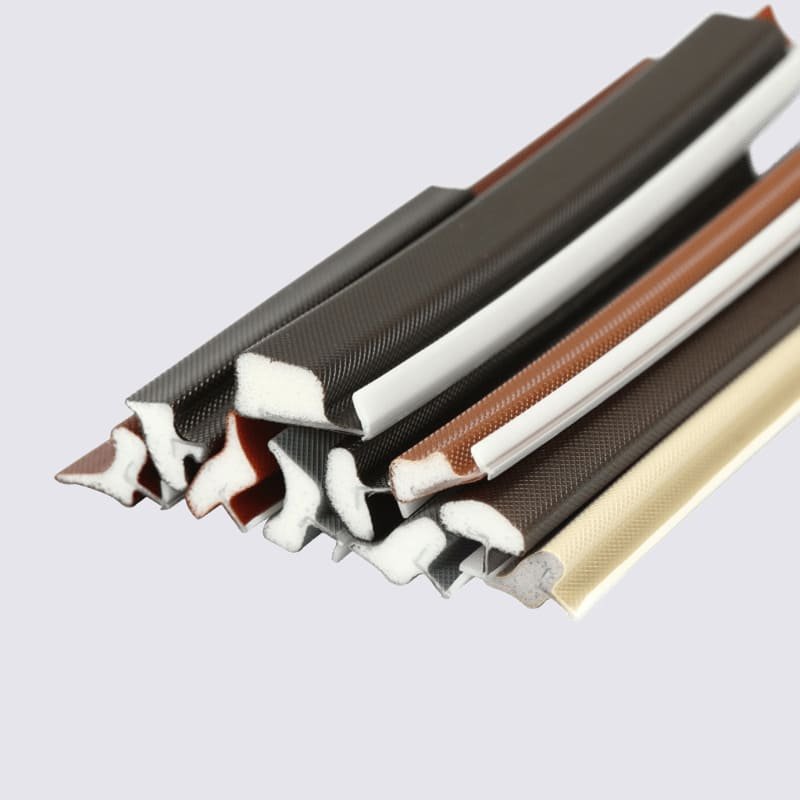Silicone turbo couplers are essential for connecting pipes, hoses, and tubes with offset or misaligned axes in turbocharged engine systems. These couplers are designed to provide flexibility and absorb vibrations, making them an ideal choice for various turbo applications. In questo articolo, we will explore the uses of accoppiatori turbo in silicone e i loro benefici.
What are Silicone Turbo Couplers?
Silicone turbo couplers are flexible connectors made of medical or food-grade silicone. They feature a bellows-style design that allows them to flex and absorb vibrations. These couplers can connect piping with offset axes, compensate for expansion and contraction, and isolate vibrations and noise. They are available with flange or hose barb connections, in straight, stepped, or tapered reducer styles, and are rated for continuous use at temperatures between -80 A 300 gradi Fahrenheit.
Uses of Silicone Turbo Couplers in Turbo Systems:
Silicone turbo couplers are used in various turbo applications, Compreso:
- Joining turbocharger inlet/outlet pipes
- Connecting intercooler piping
- Coupling turbo oil lines
- Linking piping to EGR or DPFCU valves
- Connecting air intake and air conditioner lines
- Benefits of Silicone Turbo Couplers:
- Silicone turbo couplers offer numerous benefits, Compreso:
- Flexible design for absorbing engine vibrations
- Compensating for angular misalignment of piping up to 5 gradi
- Resisting high temperatures up to 300 gradi Fahrenheit
- Being chemically inert for use with oils, combustibili, and coolants
- Reducing noise and isolating heat
- Easy installation with no piping modifications required
Difference Between Silicone Reducer Coupler & Silicone Turbo Couplers:
The main differences between silicone reducer couplers and silicone turbo couplers are:
- Silicone reducer couplers have a tapered shape to connect pipes of different sizes, while silicone turbo couplers typically have a straight shape to connect pipes of the same size.
- Silicone reducer couplers often have hose barb connections to join hoses and tubes of different diameters, while silicone turbo couplers typically have flange connections to join rigid pipes.
- Though both are flexible, silicone turbo couplers tend to be more flexible to better absorb vibrations from engines, while silicone reducer couplers are generally for industrial and commercial applications to transition between different pipe sizes.





